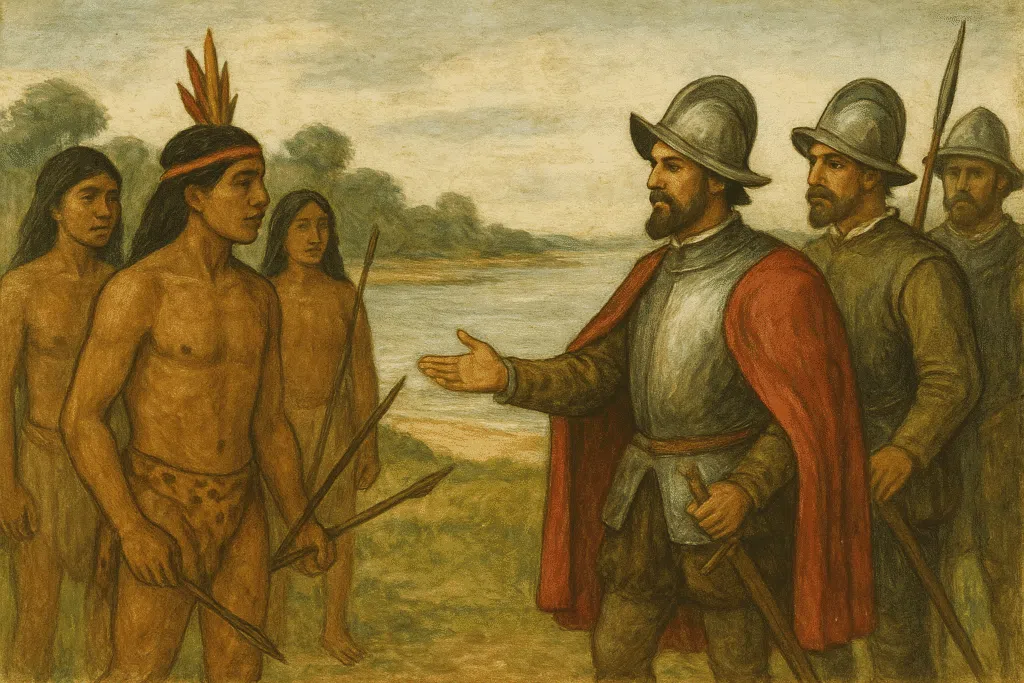How Did the Portuguese treatment of natives in Brazil?
Portuguese treatment of natives in Brazil Introduction Explore the history of Portuguese treatment of natives in Brazil. When the Portuguese first arrived on the land that’s now Brazil in 1500,…

